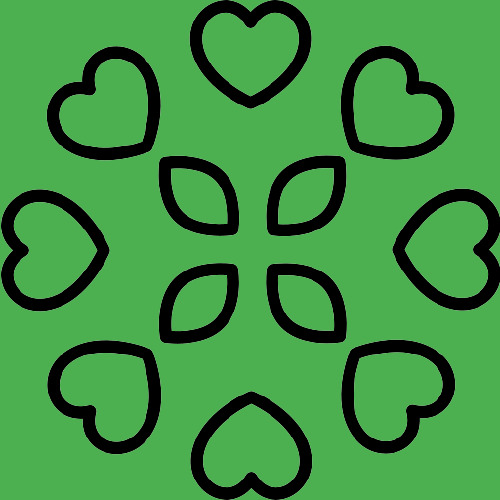
Food Ethics Council | Source A personal ‘long read’ blog from Member of the Food Ethics Council Patrick Mulvany, criticising the proposed weakening of English regulations on genetic technologies. N…




A space to discuss food: security, safety, availability, reproduction, and innovation around food in our societies.
Weak regulations harm nature - Seed Freedom

Food Ethics Council | Source A personal ‘long read’ blog from Member of the Food Ethics Council Patrick Mulvany, criticising the proposed weakening of English regulations on genetic technologies. N…


Farming initiative promotes food independence in Jordan by converting unused urban land into productive wheat fields.

Drawn by the project’s values of sovereignty and independence, Masri took part in the sowing of wheat last month. The highlight, she says, was a group recitation of an ancient farmers’ prayer that celebrates wheat cultivation as a way of feeding not only people but also birds and ants, and being at one with nature.

Species was brought to the continent through international animal trade and is fast evolving.

Facing Ongoing Litigation Challenge, Federal GMO Food Labeling Regulations to Go into Effect on January 1
First, the lawsuit challenges USDA's unprecedented allowance of electronic or digital disclosure on packaging, also known as "QR code" or "smartphone" labeling, without requiring additional on-package labeling. Second, CFS is challenging USDA's labeling language restrictions. When on-package text is used, the rules limit it to only "bioengineered," despite the law allowing use of similar terms. But for 25 years, every aspect of the issue—science, policy, and marketplace—has used genetically engineered (GE) or genetically modified organism (GMO). Lastly, the USDA rules prohibit grocers from providing more and better labeling, in violation of their First Amendment rights.

Navdanya International launched its global Seed Freedom Campaign in 2012 to bring to citizens’ attention the crucial role of seed in the battle to defend food sovereignty and food safety and help …

The Messy World of Fermentation

When modernity meets its end-point and creates a world where everything is sterile, controlled, and known, there will be little space for fermentation.

According to Alex Lewin, author of Real Food Fermentation and Kombucha, Kefir, and Beyond, fermenting is the opposite: ‘It’s unlike canning—with canning you kill all of the microbes and seal it hermetically. With fermentation you invite the microbes you want and don’t let in the ones you don’t. Fermentation is diplomacy and canning is a massacre. Canning is a high-tech food technology.’
Different elements of the pomegranate, both tree and fruit, had a wide range of uses in premodern therapeutics. Pomegranate also had a rich symbolic role in the art, literature, and religion of numerous cultures. In nearly every part of the globe where the pomegranate grew, it came to represent fund...
The pomegranate tree was also the source of life-giving waters in Mesopotamian religion (Muthmann 1982: 13–14), and Neoassyrian seals often depicted pomegranate, the “tree of life” (Avigad 1990: 165). Scholars have suggested that the Tree of Life from the book of Genesis was a pomegranate because of this symbolic history, though of course many fruit-bearing trees have auditioned for this role.

Apiarists in Colombia suspect pesticides used in commercial avocado and citrus farming is killing the bees.

In recent years, bees in North America, Europe, Russia, South America and elsewhere have started dying off from “colony collapse disorder”, a mysterious scourge blamed partly on pesticides along with mites, viruses and fungi.